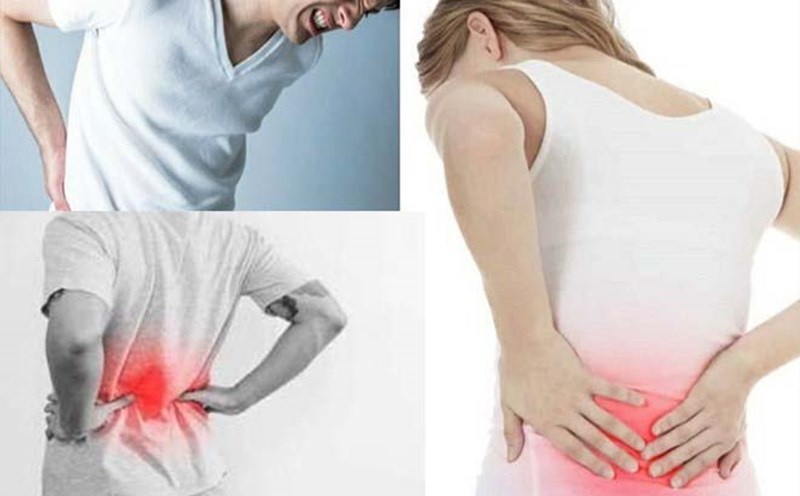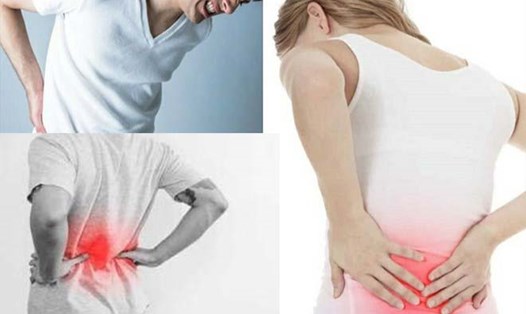The effects of lower back pain
According to Dr. Shailesh Hadgaonkar - spinal surgeon at Sancheti Hospital (India), lower back pain affects the quality of life, affects work and can force workers to retire early.
Surgery can be helpful in select cases, but it's not always the answer, says Dr. Hadgaonkar.
Since chronic lower back pain is often associated with increasing age and common causes include spinal arthritis, spinal stenosis, and disc problems such as bulging discs, a non-surgical pain management regimen is often recommended in the majority of cases.
Does weight gain cause lower back pain?
Uncontrolled weight gain can lead to lower back pain in some cases, notes Dr. Shailesh Hadgaonkar.
When the body gains weight, especially fat, the extra weight can put extra pressure on the joints, spine, and muscles around the lower back. This can lead to a number of problems, including:
Pressure on the spine: When you gain weight, the excess body weight puts extra pressure on the spine and discs, causing fatigue and pain.
Reduced body flexibility: Weight gain can reduce your body's ability to move flexibly, causing muscle tension and putting extra stress on your spine.
Muscle imbalance: Weight gain not only affects fat, but can also cause imbalances in muscle development. Weak muscles or those that lack the necessary support can increase your chances of developing lower back pain.
Unhealthy exercise habits: People who gain weight tend to be less active, which can weaken lower back muscles, increasing the risk of back pain.
However, not everyone who gains weight experiences lower back pain, and the severity of pain depends on many other factors such as body type, lifestyle, and other medical problems. Losing weight combined with exercise and maintaining good posture can help alleviate this condition.









